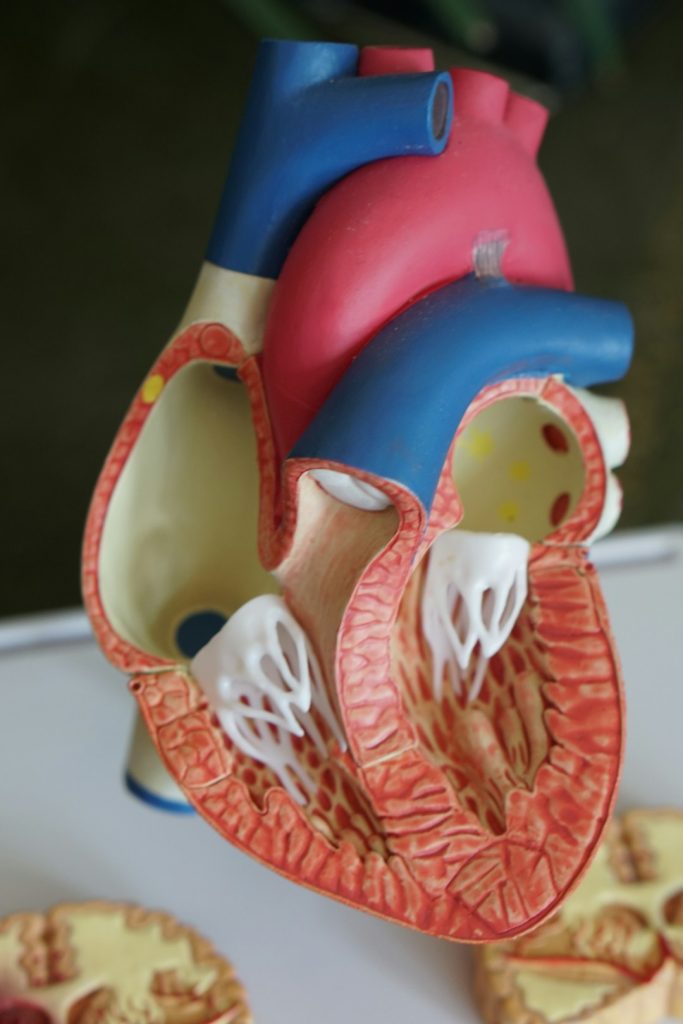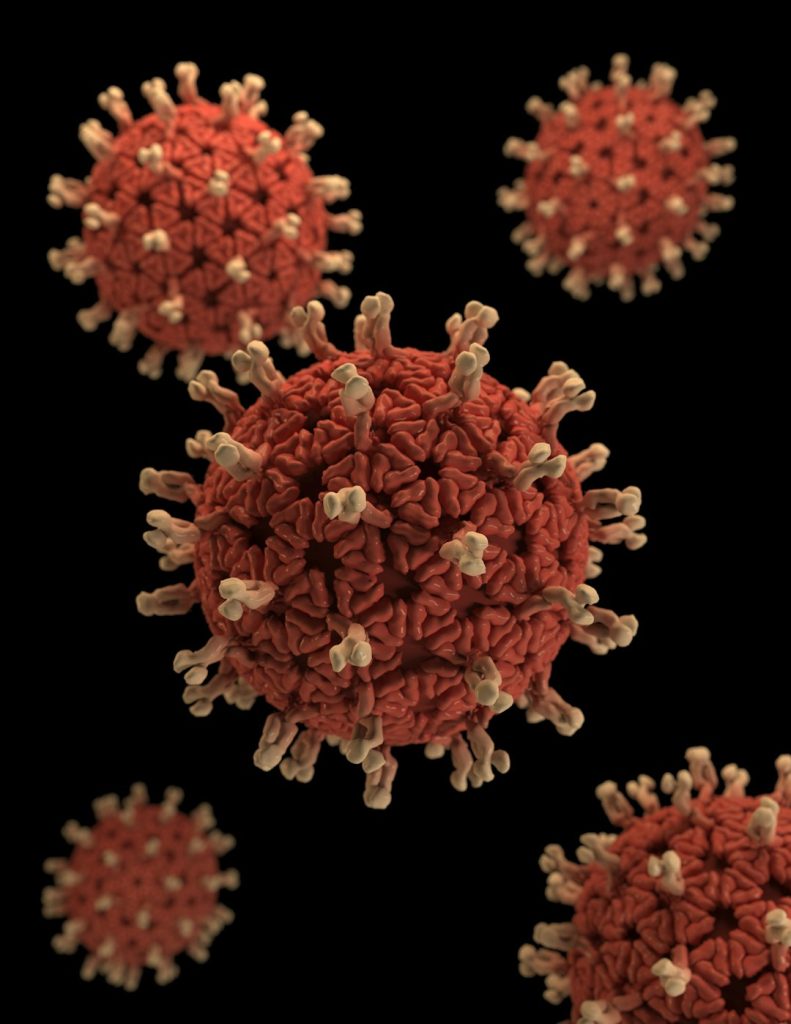The Gut: The Body’s Second Brain
When we think of our brain, we often picture it as the command center of our body, controlling everything from our thoughts to our movements. But did you know that your gut, often called the “second brain,” plays a crucial role in your overall health and well-being? This concept might seem surprising, but let’s explore how our gut and brain are interconnected and why it’s so important to take care of our digestive system.
By taking steps to care for your gut, you’re not only enhancing your digestive health but also supporting your second brain, which in turn can lead to a happier, healthier life.

The Gut-Brain Connection
Your gut is home to the enteric nervous system (ENS), a complex network of neurons that line your gastrointestinal tract. This system can operate independently of the brain, which is why it’s sometimes referred to as the “second brain.” The ENS communicates with your brain through the vagus nerve and other pathways, constantly sending information back and forth.
Everyday Examples of the Gut-Brain Connection
- Butterflies in Your Stomach: When you’re nervous about giving a presentation or going on a first date, you might feel a fluttering sensation in your stomach. This is your ENS reacting to stress signals from your brain.
- Gut Feelings: Ever had a strong instinct or gut feeling about a situation? This intuition often stems from the gut-brain axis, where your gut sends signals that influence your emotions and decisions.
- Stress and Digestion: Have you noticed that when you’re stressed, your digestion might get out of whack? You might experience stomach cramps, diarrhea, or constipation. This is because stress hormones affect your gut’s function, showing how closely linked your brain and gut are.

The Microbiome: Your Gut’s Ecosystem
Your gut is also home to trillions of microorganisms, collectively known as the gut microbiome. These bacteria, viruses, fungi, and other microbes play a significant role in your health. They help with digestion, produce essential vitamins, and protect against harmful pathogens.
Impact of the Microbiome on Health
- Mental Health: Research has shown that an imbalance in gut bacteria can contribute to mental health issues like anxiety and depression. This is because your gut produces many of the same neurotransmitters as your brain, including serotonin, which affects mood.
- Immune System: About 70% of your immune system resides in your gut. A healthy microbiome helps to keep your immune responses balanced and effective.
- Weight Management: Certain gut bacteria can influence how your body extracts and stores energy from food, playing a role in weight gain or loss.
How to Support Your Second Brain
Taking care of your gut can have a profound impact on your overall health. Here are some simple ways to support your gut health:
- Eat a Balanced Diet: Include plenty of fiber-rich fruits, vegetables, whole grains, and fermented foods like yogurt and sauerkraut in your diet. These foods help nourish the beneficial bacteria in your gut.
- Stay Hydrated: Drinking enough water aids digestion and keeps things moving smoothly through your digestive tract.
- Manage Stress: Practice relaxation techniques like yoga, meditation, or deep-breathing exercises to reduce stress levels, which in turn can help your gut.
- Exercise Regularly: Physical activity promotes healthy digestion and can help maintain a balanced microbiome.
- Limit Antibiotics: While sometimes necessary, antibiotics can disrupt your gut microbiome. Use them only when prescribed and follow your doctor’s instructions.
Can Matula Tea Help?
Matula Tea has gained attention for its benefits in treating gut dysbiosis, particularly by way of eradicating H. pylori infections and helping to balance acid levels in the process. The tea is composed of a blend of herbs believed to possess antimicrobial properties. Here’s how Matula tea might assist:
- Antimicrobial Effects: Some herbs in Matula tea are thought to have natural antibacterial properties that can inhibit the growth of H. pylori and other harmful bacteria.
- Anti-inflammatory Properties: The tea may help reduce inflammation in the gut lining, potentially alleviating some of the symptoms of dysbiosis.
- Balance Restoration: By potentially reducing harmful bacteria, Matula tea might aid in restoring the balance of the gut microbiome, promoting a healthier digestive environment.
While promising, it’s important to consult with healthcare providers before starting any new treatment, particularly when dealing with gut health issues. Matula tea should be considered as part of a broader strategy that includes dietary changes, probiotics, and stress management to effectively address gut dysbiosis.
Conclusion
Understanding the gut as the body’s second brain opens up new perspectives on health and wellness. By paying attention to our gut health, we can improve not just our digestion, but also our mental and emotional well-being. So next time you listen to your gut, remember that it’s doing a lot more than just processing food—it’s helping to keep your entire body in balance.

Bibliography/References
- Carabotti, M., Scirocco, A., Maselli, M. A., & Severi, C. (2015). The gut-brain axis: Interactions between enteric microbiota, central and enteric nervous systems. Annals of Gastroenterology, 28(2), 203-209.
- Cryan, J. F., & Dinan, T. G. (2012). Mind-altering microorganisms: the impact of the gut microbiota on brain and behaviour. Nature Reviews Neuroscience, 13(10), 701-712.
- Mayer, E. A. (2011). Gut feelings: the emerging biology of gut-brain communication. Nature Reviews Neuroscience, 12(8), 453-466.
- Parker, A., & Fonseca, S. B. (2020). The gut-brain axis: Links between the gut microbiome and mental health. European Medical Journal, 5(2), 30-39.
- Silva, Y. P., Bernardi, A., & Frozza, R. L. (2020). The Role of Short-Chain Fatty Acids From Gut Microbiota in Gut-Brain Communication. Frontiers in Endocrinology, 11, 25.
